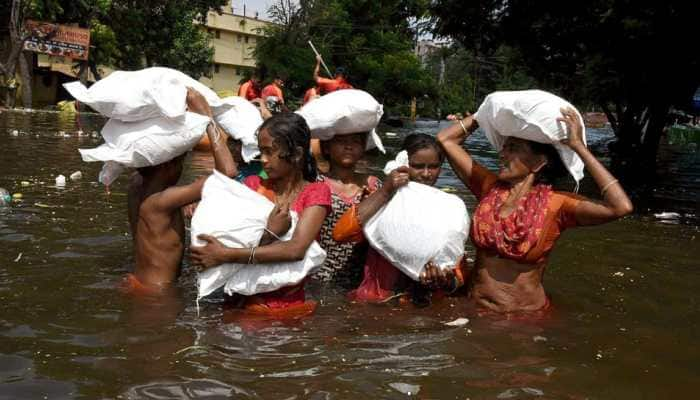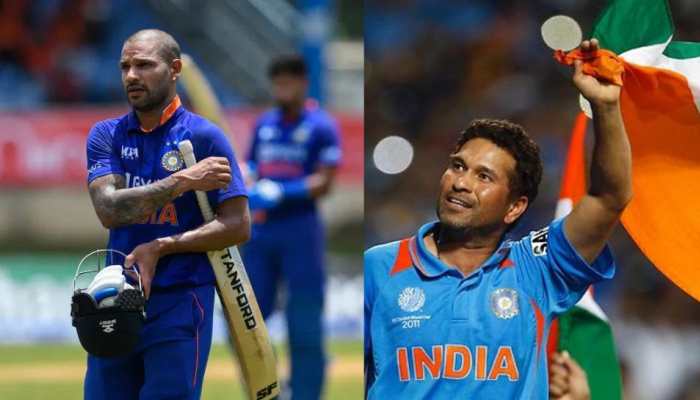Delhi Elections | 3 Factors That May Play Decider: Violence, Infiltration And Muslim Voters
Delhi Elections: Three key issues—violence, infiltration, and the Muslim vote—seems to have dominated the final phase of the election discourse, potentially shaping voter sentiment at the last moment.
Trending Photos
) (Representative image)
(Representative image) New Delhi: Polling for the Delhi Assembly Elections is set to begin at 7:00 am on Wednesday, with the political atmosphere reaching a fever pitch just hours before voting. While factors like anti-incumbency, class divide, and women voters remain crucial, DNA analyses how three key issues—violence, infiltration, and the Muslim vote—seems to have dominated the final phase of the election discourse, potentially shaping voter sentiment at the last moment.
Violence Erupts in Delhi Before Polls
Tensions escalated on the eve of voting as reports of violence emerged from various parts of the city. In the high-stakes battle for the Kalkaji seat, clashes erupted late at night, turning the area into a political battleground. The Aam Aadmi Party (AAP) took to social media, alleging BJP’s involvement in the chaos.
Watch Full Episode Of DNA Here:
मिल्कीपुर से दिल्ली..रातों-रात बाजी पलटी?
महाकुंभ में 'अफवाह गैंग' पर योगी का 'बुलडोजर'!
दिल्ली में कहां-कहां माहौल बिगड़ने का डर?
देखिए DNA LIVE @Anant_Tyagii के साथ#DNA #DNAWithAnantTyagi #Mahakumbh2025 #Prayagraj #DelhiEletion2025 #ZeeLive https://t.co/1IvvAvIfum — Zee News (@ZeeNews) February 4, 2025
AAP leader Atishi personally intervened, leading a protest and demanding action from the Election Commission and Delhi Police. The party claimed that BJP MP Ramesh Bidhuri’s son entered the Kalkaji constituency and intimidated voters, specifically targeting residents of the JJ camp. Bidhuri, however, denied the allegations, accusing Atishi of threatening BJP workers instead.
With security concerns heightened, authorities have deployed 42,151 Delhi Police personnel, 19,000 home guards, and 220 companies of paramilitary forces across the capital. Additionally, 121 major and 43 minor checkpoints have been set up, with nearly 3,000 polling stations classified as sensitive.
Infiltration Concerns Surface Ahead of Polls
The issue of illegal infiltration has also gained traction ahead of voting. A report by JNU claims that the number of illegal immigrants in India has surged since 2017, with a significant portion settling in Delhi. The report further alleges that many of these immigrants have obtained fake voter ID cards, raising concerns about electoral fraud.
BJP has seized upon this issue, asserting that illegal immigrants could sway election outcomes. Party spokespersons have repeatedly highlighted recent deportations, stating that over 100 illegal Bangladeshi immigrants have been expelled from Delhi in the past two months.
The Muslim Vote Factor
Muslim voters hold considerable electoral influence in Delhi, with every eighth voter in the capital belonging to the community. Their presence is particularly decisive in nearly 10 assembly constituencies, making their vote a key factor in the electoral battle.
AAP, Congress, and AIMIM chief Asaduddin Owaisi have all aggressively campaigned to court the Muslim electorate. The final hours before voting are expected to witness heightened outreach efforts as parties make their last push to consolidate this crucial vote bank.
With 699 candidates vying for seats across 70 constituencies, Delhi will vote on February 5 (Wednesday) with counting of votes and results scheduled on February 8 (Saturday).
Stay informed on all the latest news, real-time breaking news updates, and follow all the important headlines in india news and world News on Zee News.
Live Tv







)
)
)
)
)
)
)
)
)
)
